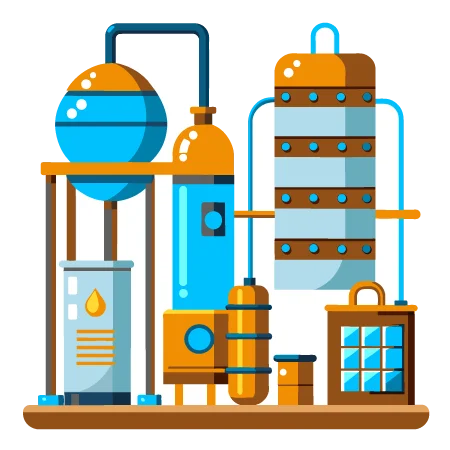The specialty chemical industry is essential across various sectors, providing tailored solutions for diverse applications, from additives and adhesives to agrochemicals and coatings. These high- value products drive innovation and enhance performance.
Industry dynamics are shaped by macroeconomic factors, regulations, and technological advancements. Demand is linked to industrial activity, economic growth, and consumer preferences, while environmental and product quality regulations encourage innovation and compliance. Technologies like automation and digitization are transforming production processes, boosting competitiveness.
Industry dynamics are shaped by macroeconomic factors, regulations, and technological advancements. Demand is linked to industrial activity, economic growth, and consumer preferences, while environmental and product quality regulations encourage innovation and compliance. Technologies like automation and digitization are transforming production processes, boosting competitiveness.



